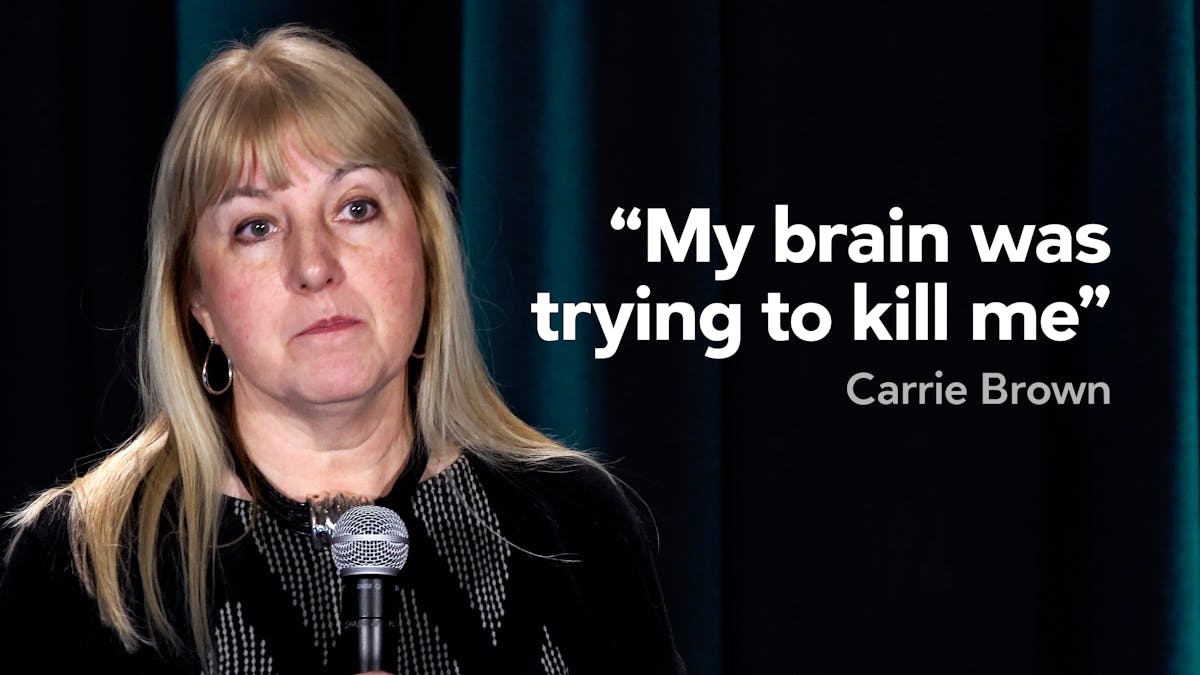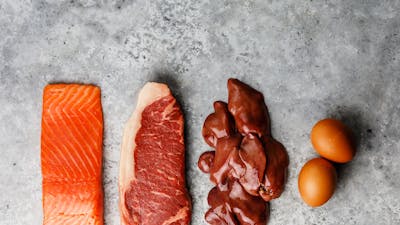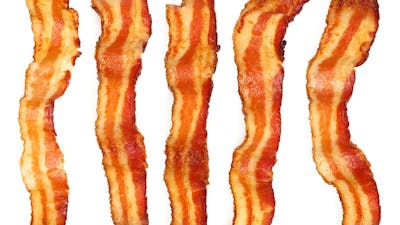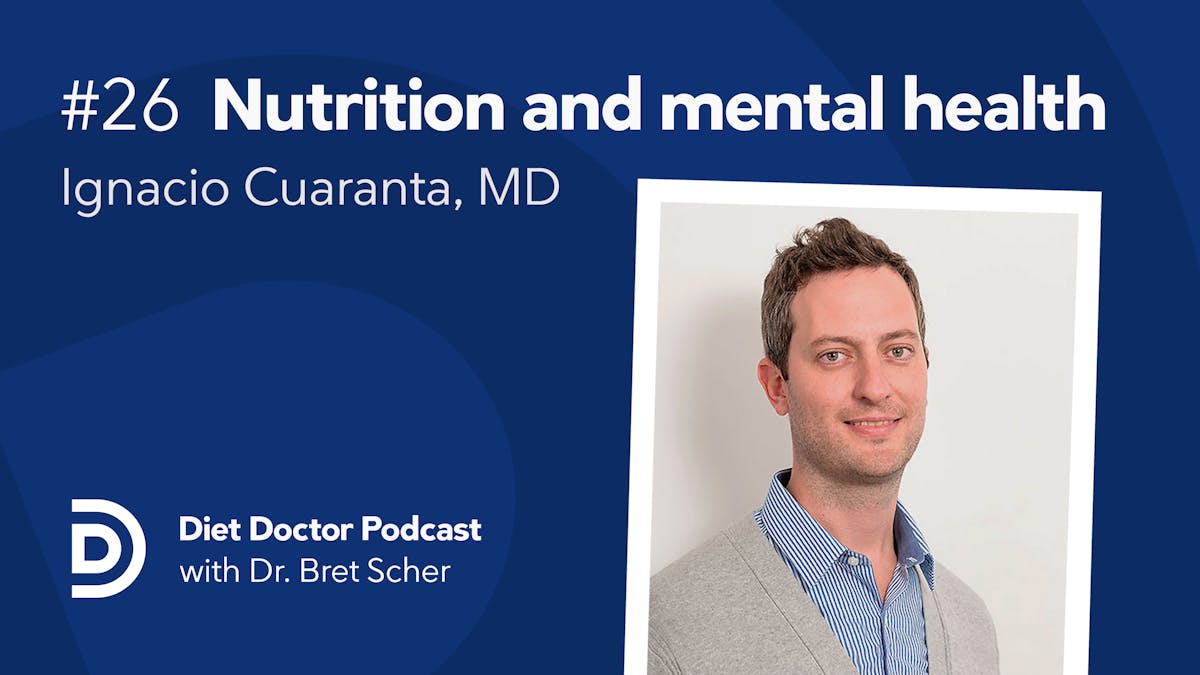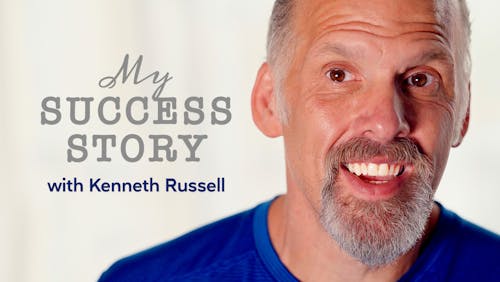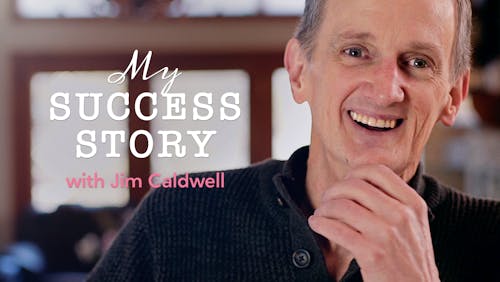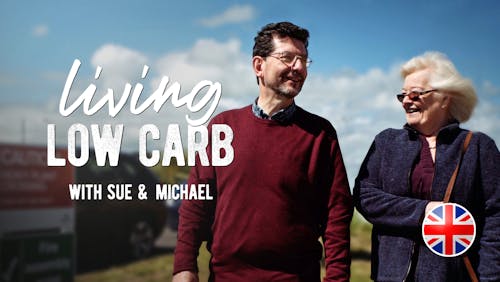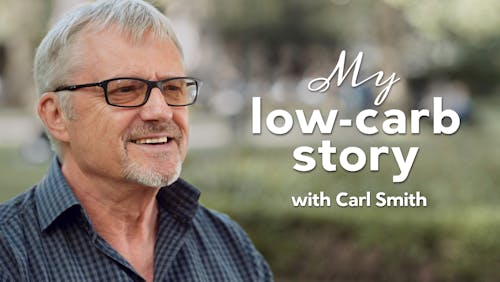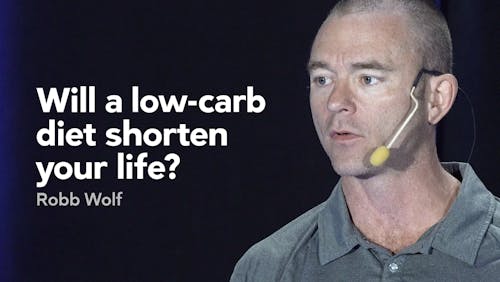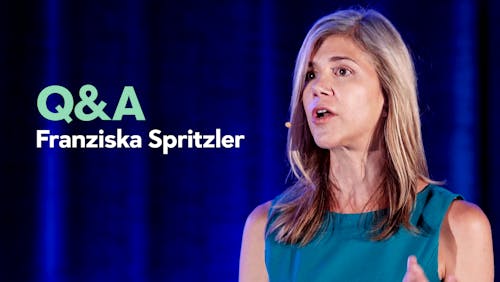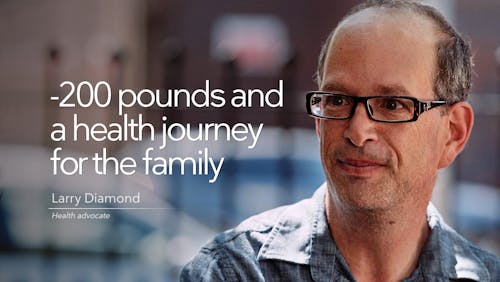Carnivory: How Amber transformed her health with a meat-only diet

Since the beginning of 2009 she has been following an even stricter version of keto: a carnivore diet. It has helped her shed post-pregnancy weight that was hard to lose with the low-carb diet that had worked so well previously. But even more importantly, the zero-carb diet alleviates all symptoms of her bipolar II disorder.
The carnivore diet has grown in popularity this year, and more and more people are trying it. But fewer have followed it long term like Amber. Have you considered trying the diet, but are unsure of how to implement it or whether it would benefit you? Then read on. Amber’s story might inspire you to try it.
Before going to Russia, Amber decided that her plant-based diet would be too hard to follow during the exchange and that it would be best to simply eat whatever her host family served. That turned out to be a diet rich in meat and animal fat. And to her great surprise she found that she lost weight effortlessly for the first time.
She had heard about low carb and Atkins before, but she had always deemed the diets crazy. Because of her experience in Russia, she bought herself a copy of the low-carb classic Protein Power, dove right into the diet and lost 30 pounds (14 kg). Ever since then she has been on some form of LCHF regimen.
From keto to carnivore
After Amber’s second pregnancy she couldn’t get the weight off with the low-carb diet that had worked before. She was probably close to 200 pounds (91 kg), but had stopped weighing herself at that point due to frustration. She knew so much about the keto diet and was convinced that it was the right way to eat, yet the weight wouldn’t budge.
She started reading about people doing all-meat diets in low-carb forums. And at a wit’s end, she decided to give it a try at the beginning of 2009. She initially thought it would be a short-term thing to get the weight off.
She immediately started losing weight, almost a pound (0.5 kg) per day for the first couple of weeks. And to her great surprise, all symptoms of her bipolar II disorder went away after a couple of weeks into the diet. Shortly after that she found out that she was pregnant, and decided to quit all psychiatric medications.Knowing how the all-meat diet affected her mood, she initially tried to stay on plan. But due to severe nausea and carb cravings, she didn’t stay strict with the diet. After giving birth, however, she didn’t go back to taking medication, certain that she could manage her psychiatric disorder by following a carnivore diet.
Amber’s carnivore lifestyle
When Amber first started the diet, thinking that it would be a short-term thing, she only bought steaks. Today she eats a greater variety of foods, beef primarily, but also pork, chicken, eggs, fish, shellfish and lamb. Some staples she mentions are ground beef, steaks, chops, ribs and chicken thighs or legs. She also discovered duck breast quite recently – a fattier cut than chicken breast.
She tries to stay away from dairy as much as possible, even though it doesn’t have an impact on her mood. Nevertheless, she has discovered that it makes her hungrier and not as satisfied with other foods. If she eats out or goes to an event she may have some cheese.
Coming from keto ways of eating, we’re often used to adding fats to our meals to stay in ketosis. I ask Amber if she still does that on her carnivore diet. She answers that she sometimes adds lard or tallow, but clarifies that she has found that her results in terms of weight and mood don’t depend on it, as long as she’s strict with her carnivorous diet.
Amber has a strong belief that if you’re not feeding something that causes harm, then your appetite will regulate itself. That’s why it’s crucial to respect hunger signals on the diet – eat when you’re hungry and stop when you’re full. Following that principle, she usually ends up eating two meals per day.Does she ever cheat or go off the diet? Every now and then she eats some Baker’s chocolate. She might have a few pickles, or wasabi, ginger and radish if she eats sashimi. Otherwise she doesn’t do a lot of experimentation and stays strict, knowing that symptoms which she manages with carnivory may come back.
She recalls one time when she out of curiosity mixed psyllium husk with her coffee, hypothesizing that pure fiber wouldn’t cause any problems (in contrast to more potent chemicals plants use to defend themselves). Within a few hours she had a severe psychiatric response – feeling agitated, unfocused and couldn’t stop crying.
For the first five years on carnivore, Amber didn’t drink any alcohol. In 2014 she tried some pure spirits and found that it didn’t affect her much, but she notes that her tolerance is lower on a zero-carb diet. Nowadays, she may drink some wine or spirits, but rarely does.
What about exercise? Amber does some strength training, but her interest in exercise has come and gone over time. She explains that it’s not necessary to exercise on a carnivore diet, but it is healthy and she enjoys movement.
Should you try the diet?
Amber mentions two categories of people who she thinks could benefit from trying the carnivore diet. The first category is people who are still suffering from digestive, mood or autoimmune disorders on a keto diet. She says that there can be a surprising difference between a few and no plants in the diet, although some plants are more likely to cause problems (like gluten-containing grains). By removing all plant foods, you can easily sort out which ones cause disturbances if you choose to reintroduce them. The second category is people who simply enjoy self-experimentation.Once you’ve decided to try the diet, are you better off jumping right in or gradually reducing carbs? For most people the best thing would be to start out strict, otherwise cravings may linger for longer. But if you know that you are better off cutting things out gradually, then by all means do that.
Otherwise, Amber has a few additional tips for anyone starting the diet. Commit for a span of time like three weeks. Don’t start with the mindset that you have to be a carnivore in perpetuity. You just want to learn as much about your body as possible and get rid of confounding factors. Follow your hunger and have an open mind.
Final thoughts
I ask Amber if she feels restricted on a carnivore diet. She says that she does sometimes, for instance when she’s traveling and wants to try the local cuisine. But the freedom and empowerment from knowing that you can eat this way and feel the best you’ve ever felt is greater. For other people who don’t make the connection between their diet and health issues, it can be like riding on a bumpy ocean and not knowing what caused the problem.
In the end, Amber believes carnivory is about what is working for you and not about being a purist or following an ideal. If after going carnivore for a while you are finding that you don’t react to iceberg lettuce, then that’s great for you and you can just simply keep on eating it.
More with Amber
Twitter: @KetoCarnivore
Facebook: The Ketogenic Diet for Health
Patreon: L. Amber O’Hearn
Websites: www.ketotic.org and www.empiri.ca
Instagram: @ambimorph
Share your story
Do you have a success story you want to share on this blog? Send it (photos appreciated) to success@dietdoctor.com, and please let me know if it’s OK to publish your photo and name or if you’d rather remain anonymous. It would also be greatly appreciated if you shared what you eat in a typical day, whether you fast etc. More information:
Share your story!More about meat and carnivory
Most popular success stories
All success stories
Mental health
- MEMBERS ONLY
!["My brain was trying to kill me"]()
